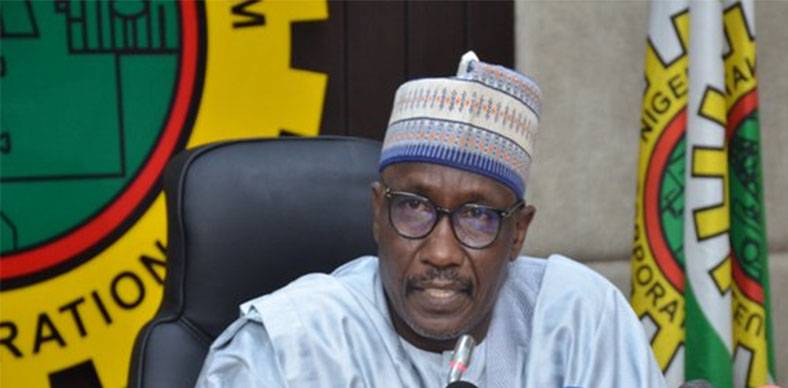With this new development for Nigeria’s energy sector, multiple refineries are poised to begin or increase operations in the coming months, potentially transforming the country into a net exporter of petroleum products by year-end.
Mele Kyari, Group Chief Executive Officer of Nigerian National Petroleum Company Limited (NNPCL), announced that the Port Harcourt Refinery will commence full operation and petrol supply next month. Kyari, speaking before the National Assembly Joint Committee on Finance, added that the Warri and Kaduna refineries are expected to follow suit by December.
This news comes on the heels of Aliko Dangote’s announcement that the Dangote Refinery will begin pumping petrol in commercial quantities next month as well.
Kyari expressed optimism about Nigeria’s oil production, projecting that daily crude oil output could reach two million barrels in the near future. He stated, “This country will be a net exporter of petroleum products by the end of this year. We’re very optimistic that by December, this country will be a net exporter.”
The announcements come at a critical time for Nigeria’s economy. The National Bureau of Statistics (NBS) reported that the June headline inflation rate rose to 34.19%, with food inflation reaching 40.87%. These economic challenges were addressed in a meeting between government officials and lawmakers, where strategies to tackle various economic issues were discussed.
Other key points from the meeting include:
1. The Central Bank of Nigeria (CBN) indicated that measures are being taken to address inflation, foreign exchange fluctuations, and food inflation.
2. The 2024 Budget is already being implemented, with ongoing negotiations for a new minimum wage.
3. Senator Sani Musa, Chairman of the joint Committee, appealed for public patience, stating that the government is working to stabilise the economy.
Despite the current economic difficulties, officials expressed cautious optimism about the future. The potential increase in domestic fuel production is expected to bring relief to Nigerians and potentially improve the country’s economic outlook.
As these developments unfold, all eyes will be on the energy sector to see if these projections materialize and what impact they will have on Nigeria’s economy in the coming months.



